Dear, far, uncomfortable, binding... There is what we think, and then there is reality. We lift the veil on the 7 ideas received on sustainable tourism!
At the time of the environment, sustainable development, green energies, flexitarism or zero waste are at the heart of all the concerns, tourism does not make the impasse on this awareness. Indeed, there is a real wish from travellers, but also from tourism professionals, to "travel differently". The goal? Complete the concept of "travel" of essential and human values!
A multitude of new ways of travel see sustainable tourism, among them. In perfect contrast to mass tourism, sustainable tourism is based on 3 fundamental aspects: social , through respect for lifestyles, traditions and local culture; Environment of course, preserving nature and its resources; and finally Economic and Social Council equitable participation in local economic development.
But sustainable tourism does not escape the preconceived ideas, and the clichés go well on this new way of travel. Wanderlix has compiled a list of 7 ideas on sustainable tourism. This is it!
1. Sustainable tourism is ecotourism

Photo credit: Shutterstock – Bilanol
Ecotourism is not sustainable tourism, but it is part of it. It can even be said that it is a subcategory of sustainable tourism.
In fact, ecotourism is the first to raise awareness of nature and its resources, their discovery and their protection. Nature and the environment are at the very heart of the journey. For example, the selection of activities, or housing, will be based on environmental criteria with a principle of eco-responsibility and biodiversity conservation. It is simply a tourism centred on the environment.
Sustainable tourism also integrates this environmental facet, but not only. It will be complemented by social and economic concepts related to tourism. It can therefore be said that ecotourism is a branch of sustainable tourism, illustrating the environmental pillar of the principle.
2. Sustainable tourism is solidarity tourism
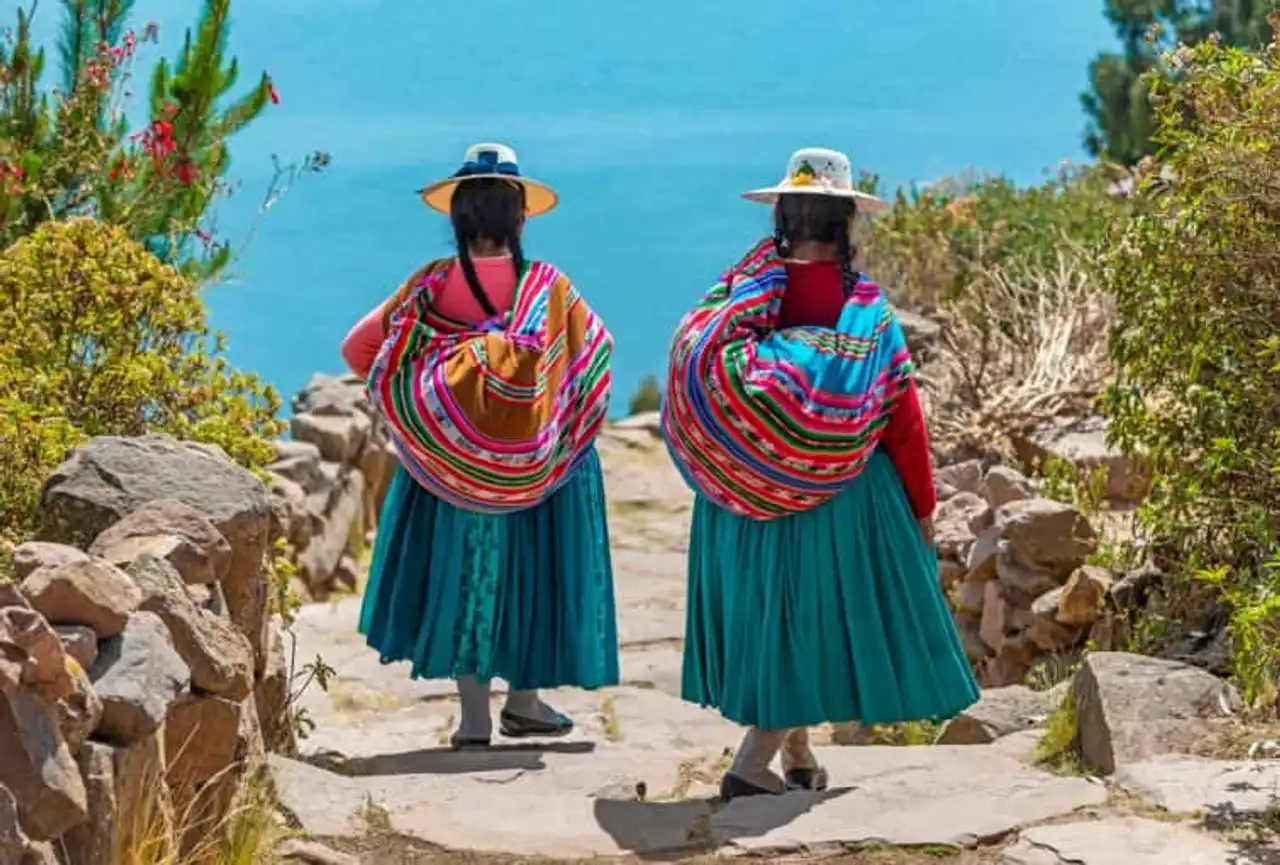
Photo credit: Shutterstock – SL-Photography
Social and economic aspects of sustainable tourism can be represented by solidarity tourism. So here, as well as for ecotourism, we are on some facets only of sustainable tourism. To sum up, solidarity tourism is a form of sustainable tourism, but sustainable tourism is not solidarity tourism.
To stay in comparison with ecotourism, in which the environment is at the heart of the journey, in solidarity tourism, it is the human that is at the center, with an economic dimension. Here, the aim is to equitably distribute the financial benefits of a trip, among all the local actors involved in the “implementation” of this trip. There is a true notion of equality within each part of the journey.
Solidarity tourism is sleeping or eating in a hostel or a family restaurant, shopping at the local producer, buying souvenirs at the local craftsman... In short, make the very population of the place you chose to visit.
3. Sustainable tourism is expensive

Photo credit: Shutterstock – Mentor57
Another idea received on sustainable tourism is that it costs... Know that it is absolutely false!
Indeed, it will depend mainly on you, your needs or your desires. For example, during your long-term journey, if you decide to stay in housing eco-friendly , it can very well be a small friendly campsite, like a large palace. As a result, the budget will vary considerably!
Another example: you decide during your trip to consume only local products and dishes from short circuits. Know that some starred gourmet restaurants only work in short circuits. But the small kiosk of the corner will also serve dishes exclusively based on products grown by its owner... However, the addition will not be the same!
One last example? Discover the city by bike, or discover the city by electric car with driver will not have the same cost... In short, you will have understood, sustainable tourism is no more expensive or cheaper, it adapts to all budgets and desires!
4. Sustainable tourism is in the countryside
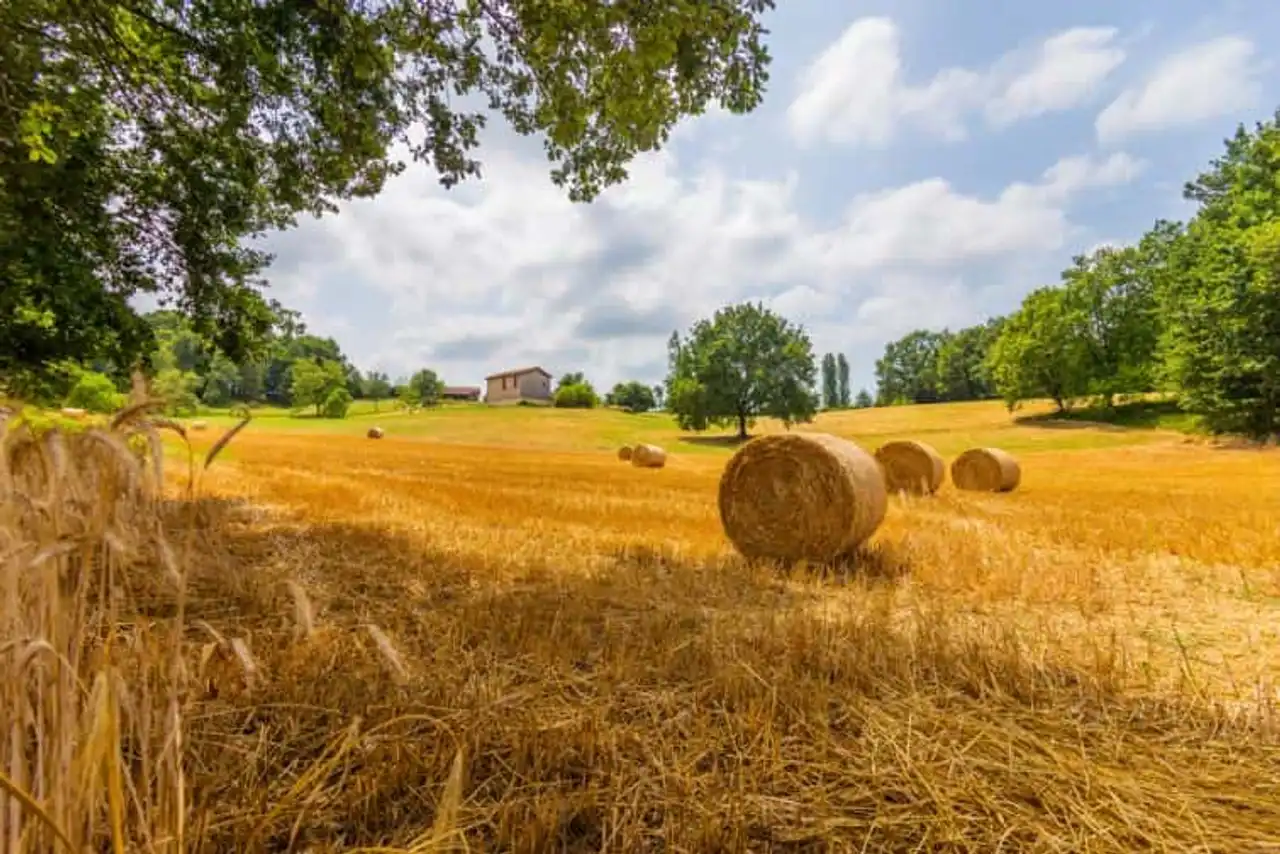
Photo credit: Shutterstock – Jvanderzwan
Some say that sustainable tourism laughs with rural tourism... You're not!
The environmental aspect of sustainable tourism often leads travellers to focus on activities in the middle of nature, the discovery of fauna and flora, the reconnection with nature... So, of course, we will have much more facilities to find "our happiness" in the countryside. But it is more of a personal choice than a reality.
Many cities are making a lot of effort to re-naturalize their city centre, and to reduce their ecological impact, for example by proposing ways of locomotion green housing eco-friendly , or eco-friendly restaurants... Real local life, culture, and traditions, can be as strong in some areas of a capital, as in a totally unknown and excited corner of the country visited...
So we will say yes, often, sustainable tourism takes us to the places excentrated, remote and far from the city, especially because we personally seek to be lost in the midst of nature. But one city break sustainable is quite possible!
5. Sustainable tourism is at the end of the world
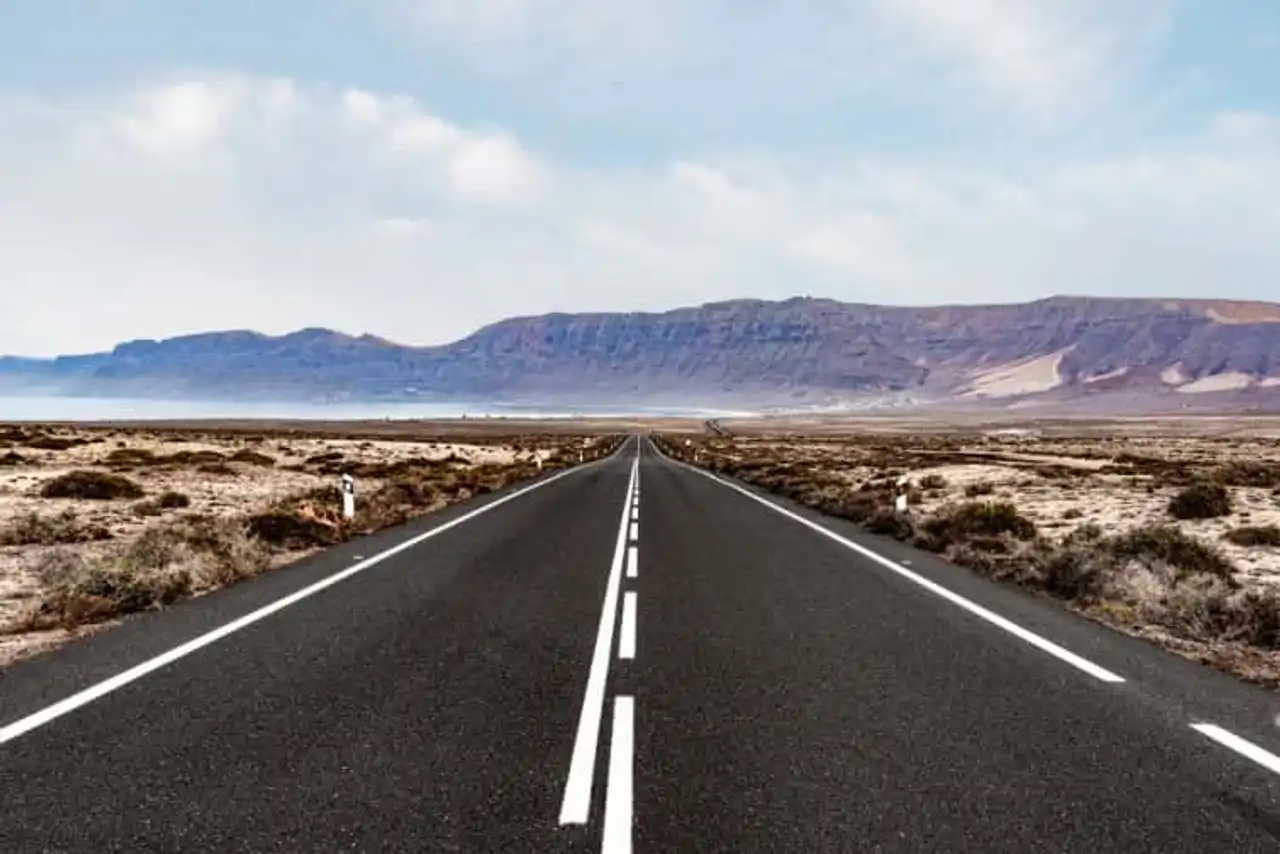
Photo credit: Shutterstock – Christian Horz
Another idea received about sustainable tourism, to be denied without hesitation. In fact, it’s exactly the same as if we said: tourism is going far! Voyager starts from the time we leave home. And it is absolutely the same for sustainable tourism. This is a way to travel, not a destination.
As a result, you can also participate in sustainable tourism by visiting the region bordering yours, as well as going to the bottom of the Amazon. All is that your trip is based on the essential economic, social and environmental foundations.
An example: your trip will be more "sustainable" if you go to the Creuse and buy your cheese on the farm, than if you go to Thailand and do your shopping at the Seven Eleven.
6. Sustainable tourism is uncomfortable
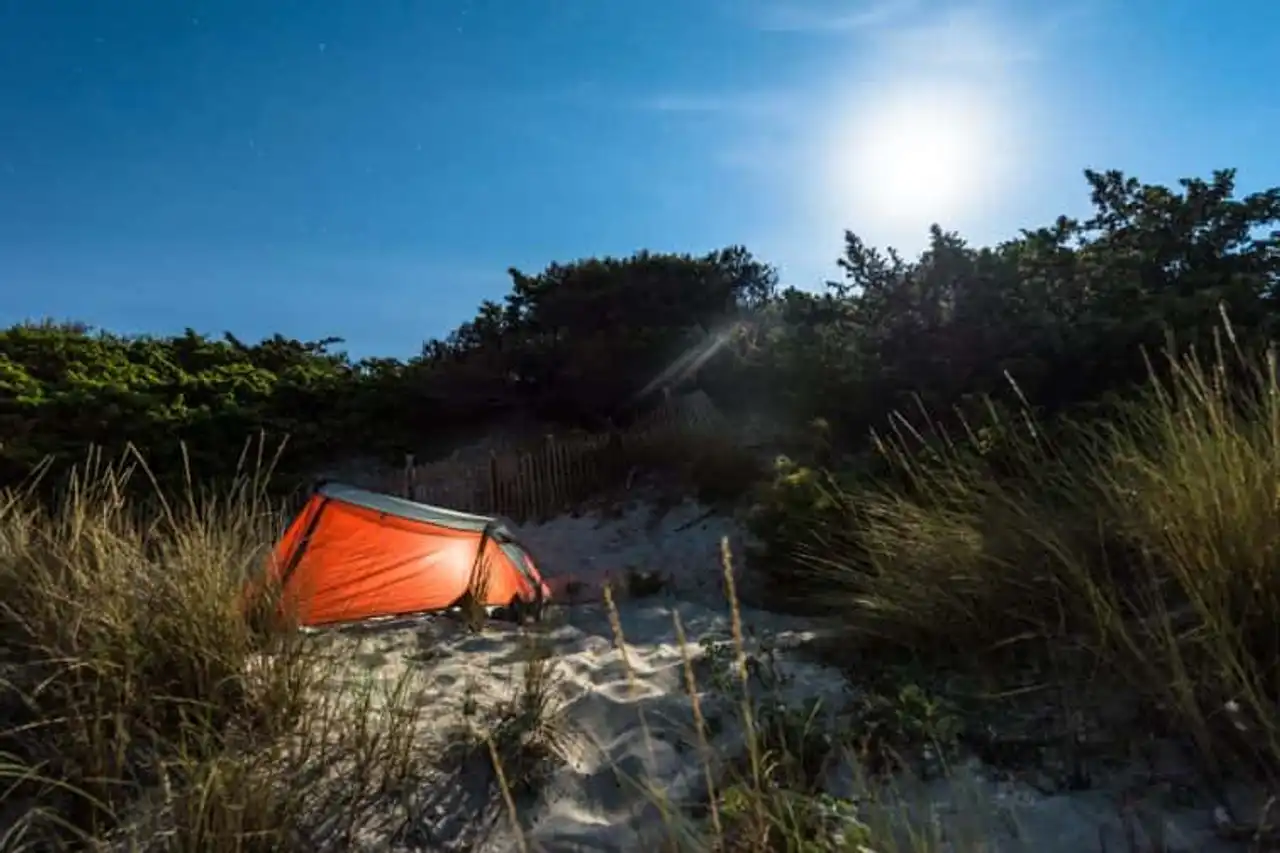
Photo credit: Shutterstock – Yari Ghidone
"Sustainable tourism"? Impossible for me, I need my little comfort too much..."
Who hasn’t heard this sentence before? In fact, you can without hesitation reply that no, sustainable tourism does not necessarily involve making the impasse on comfort. Here, the same fight as the idea that sustainable tourism costs expensive. For comfort, it is exactly the same: everything is a matter of need and envy!
It is not because you choose to sleep in an eco-friendly place that you will necessarily have to go to the toilet outside and fight with local insects that could tickle you in the middle of the night. Moreover, the efforts of some eco-friendly housing (solar panels, waste management, water, from the bedding, breakfasts...) may sometimes be completely invisible efforts for the client if not clearly stipulated in the communication! In fact, it can not change anything for you, while the environmental impact will be enormous.
Of course, some may prefer a minimalist experience with moderate comfort by choosing to camp in nature for example... But again, it is a matter of choice only!
7. Sustainable tourism is a challenge

Photo credit: Shutterstock – Andrew Angelov
For many of us, holidays and travel laugh with rest, relaxation, disconnection and happiness. We all agree on that! And for some, making sustainable tourism is imposing constraints... Think about every move, so that they have the least possible impact... Make yourself less fun at meals, because eating sustainable is eating seeds and salad...
In reality, it’s all the opposite! One of the principles of sustainable tourism is to think local. And thinking local, it’s still the absolute simplicity when you think about it!
I'm looking for something to do... What is the proposed activity in the place where I am? I'm hungry... I take my bike and go to the market. I want to bring back memories... Which local producer or craftsman will I choose to bring something authentic? Finally, we are far from the constraints... But much more in simplicity!
Finished prejudices and ideas on sustainable tourism... We convinced you?
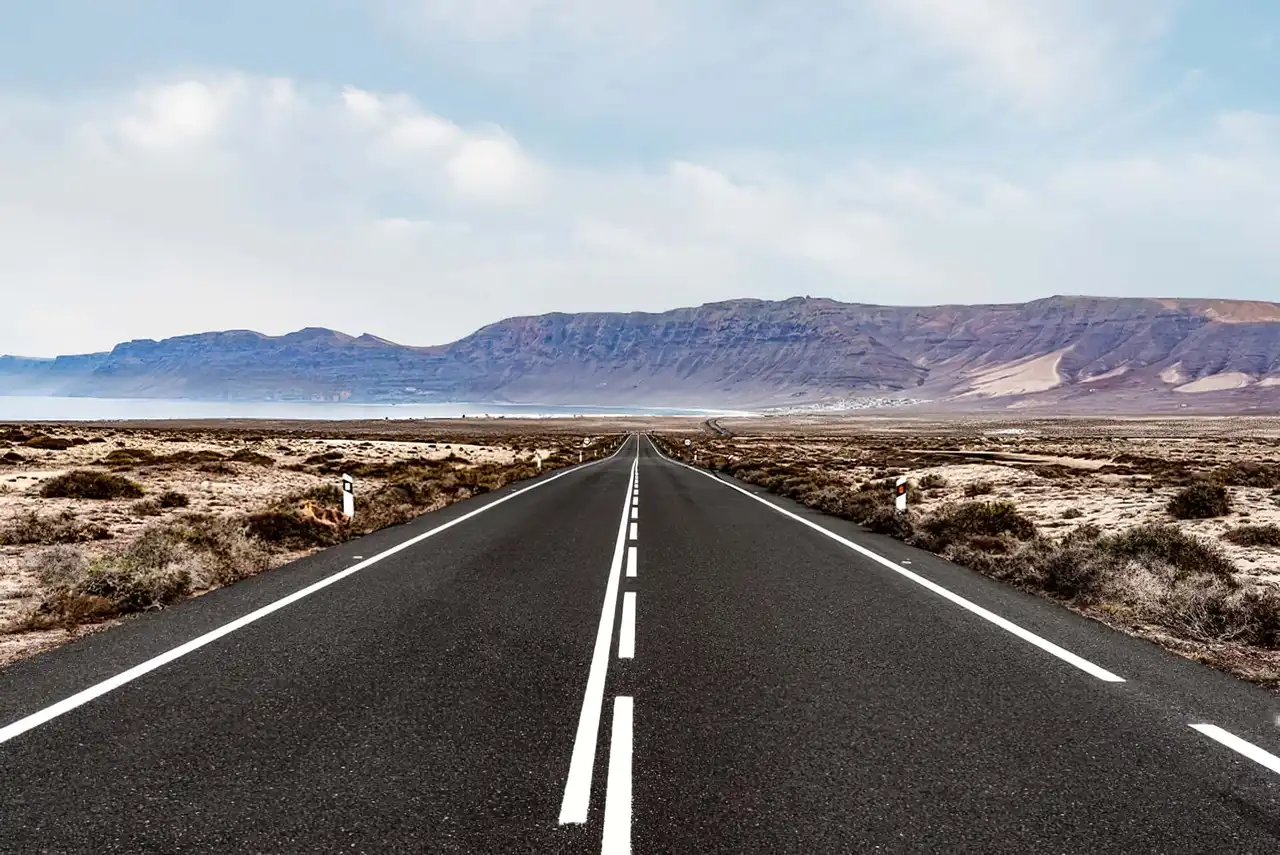




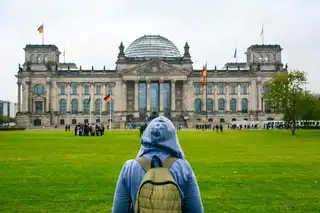


Loading comments ...